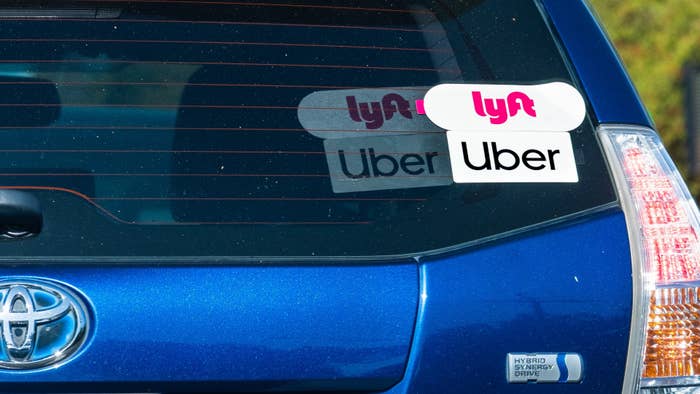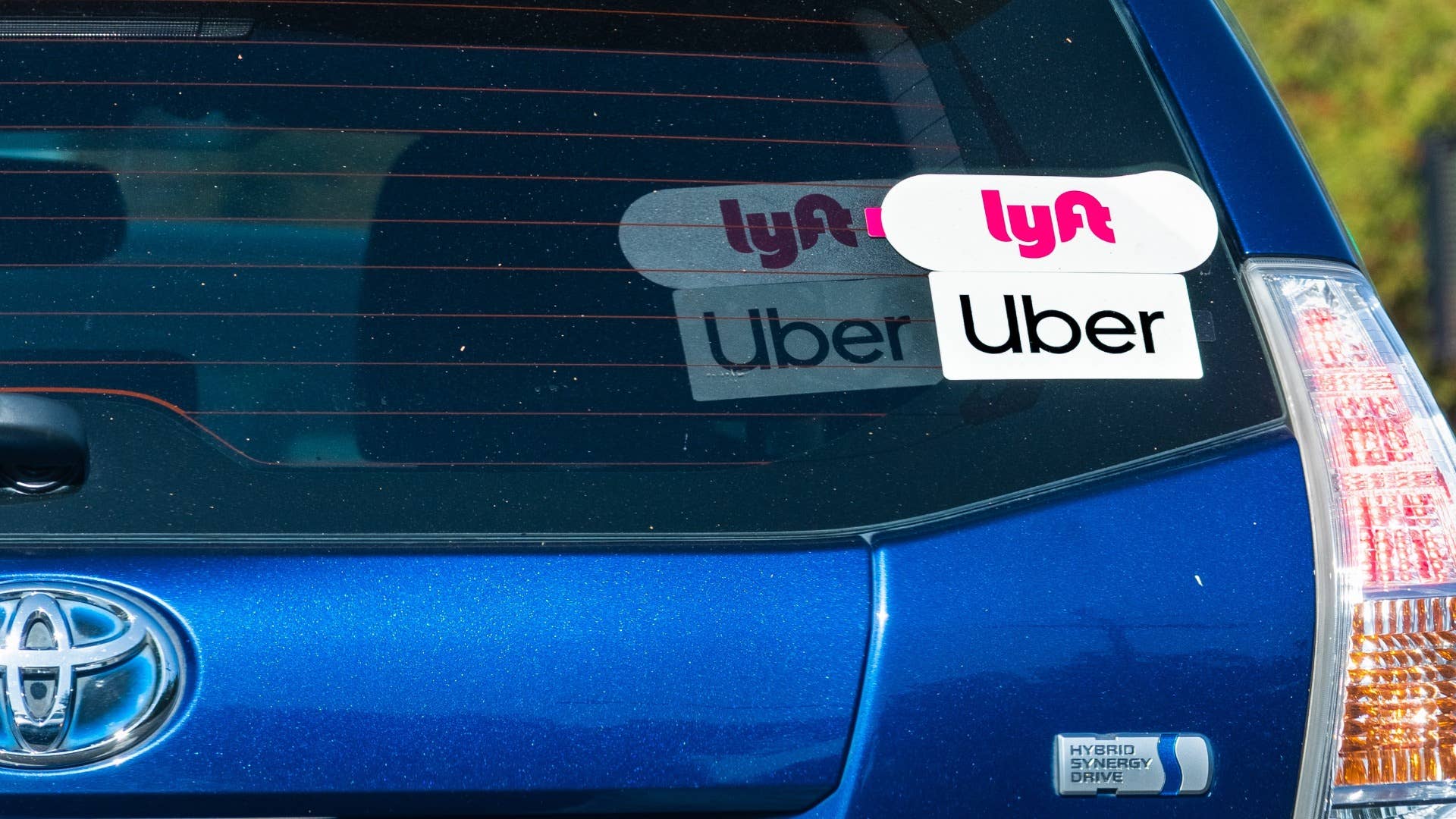
According to the findings of a recent study focused on algorithmic bias, racial discrimination could be present in the pricing of rides on apps like Uber and Lyft.
As spotted bySalon over the weekend, the research from Akshat Pandey and Aylin Caliskan of George Washington University boasts a data set of more than 100 million trips taken in Chicago between November 2018 and December 2019. Of those trips, 68 million consisted of individual riders.
The study authors explain that while "demand and speed" have the highest correlation with ride fares, their analysis shows multiple potential examples of varying forms of "social bias" when riders are picked up or dropped off in certain neighborhoods. For example, riders—per the study authors—"may be facing social bias if picked up in a neighborhood with a low percentage of houses priced less than the median house price of Chicago, or dropped off in a neighborhood with a low percentage of white people."
In comments given to New Scientist last week, Caliskan cut straight to the point:
"Basically, if you're going to a neighborhood where there's a large African-American population, you're going to pay a higher fare price for your ride."
As expected, both Uber and Lyft have issued statements in response to the study in which company reps cite additional fare factors.
An Uber spokesperson said the company commends studies of this type, stating that they can help brands grasp a deeper understanding of the effects of dynamic pricing. The rep, however, added that—in their opinion—other "relevant factors" were not considered including trip purposes, time of day, and land-use/neighborhood patterns.
A Lyft rep, meanwhile, said they "recognize" that systemic biases are "deeply rooted in society" and explained that the company also commends studies that focus on the issue of "unintentional" technology discrimination. Like Uber, Lyft also pointed to additional factors they say contribute to pricing variance.
Of course, this doesn't mark the first time these companies have faced criticism related to similar issues.

